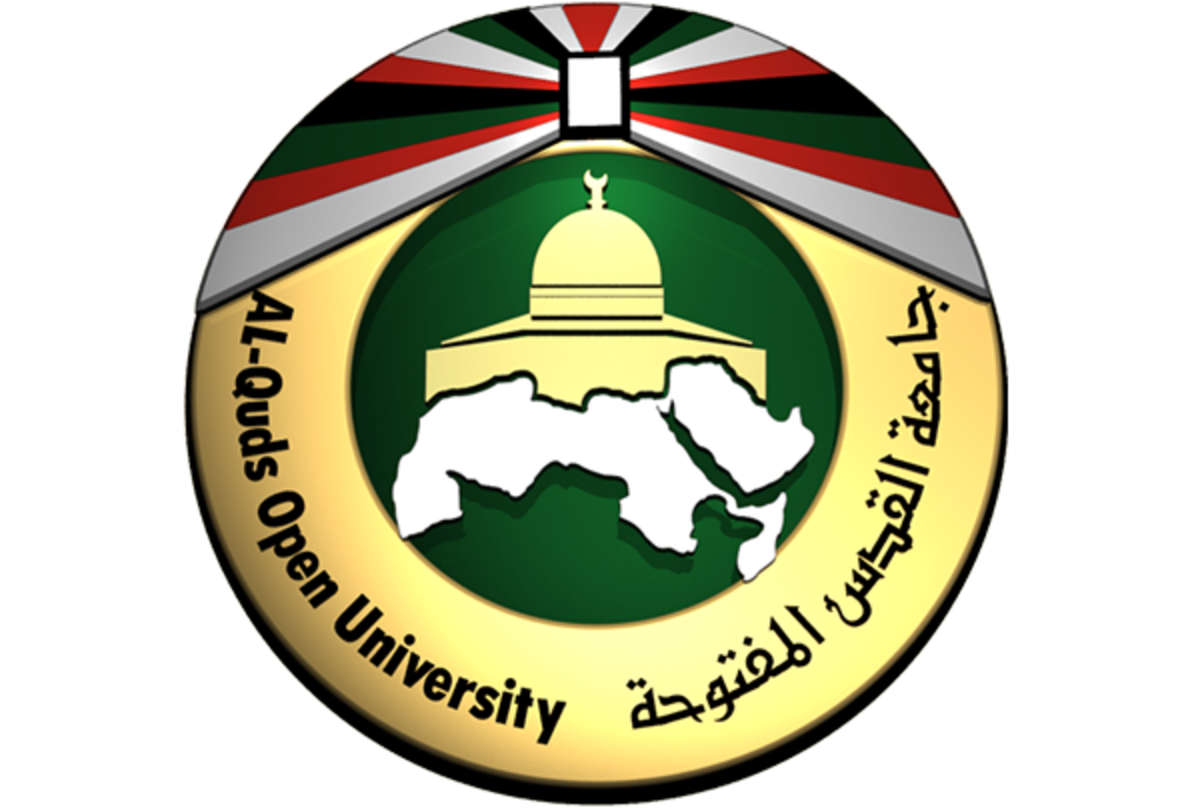Journal of Al-Quds Open University for Educational & Psychological Research & Studies

Abstract
The goal of the study is to clarify the characteristics of the Islamic Education, namely humanity characteristic, and to compare it with humanism in the manmade Education.The researcher followed two approaches: descriptive and analytical approach, which include analysis and interpretation that are based on induction and deduction. In addition, the study followed comparative approach, this requires the researcher to describe humanity characteristic in Islamic education, and analyze its dimensions to compare it with humanism in the manmade education.The most prominent results of the study shows that Islamic education is characterized with many special features, most importantly the humanity feature, namely, proper treatment with human in accordance with the Islamic law. Moreover, Humanity in Islamic education is divine based, holistic, positive, realistic, balanced, and absolute, with freedom that has limits and responsibilities. As a result, this has created a positive, holistic, realistic, at the same time a responsible human with a balanced personality and freedom that is subjected to Sharia law.While humanism in Western education is characterized by humanity, relativity, absolute irresponsible freedom, hostility to religion and absolute trust in reason. Thus, this produces a one-dimensional human being, a free human being with an absolute freedom that has no restrictions except the manmade laws which is in its turn is characterized by relativism and contradiction and can be circumvented. The absolute freedom has led the human to disintegration and anarchy, and produced a man who is selfish, pragmatic, and one who follows lust and desires.
Recommended Citation
Qasim, Ahmed Fathi
(2018)
"Humanity in Islamic Education and Western Education : A Comparative Study,"
Journal of Al-Quds Open University for Educational & Psychological Research & Studies: Vol. 7:
No.
22, Article 10.
Available at:
https://digitalcommons.aaru.edu.jo/jaqou_edpsych/vol7/iss22/10

